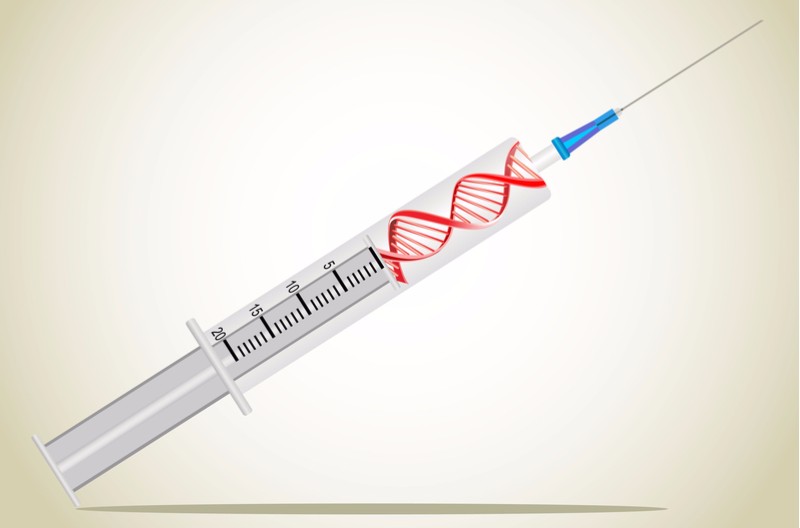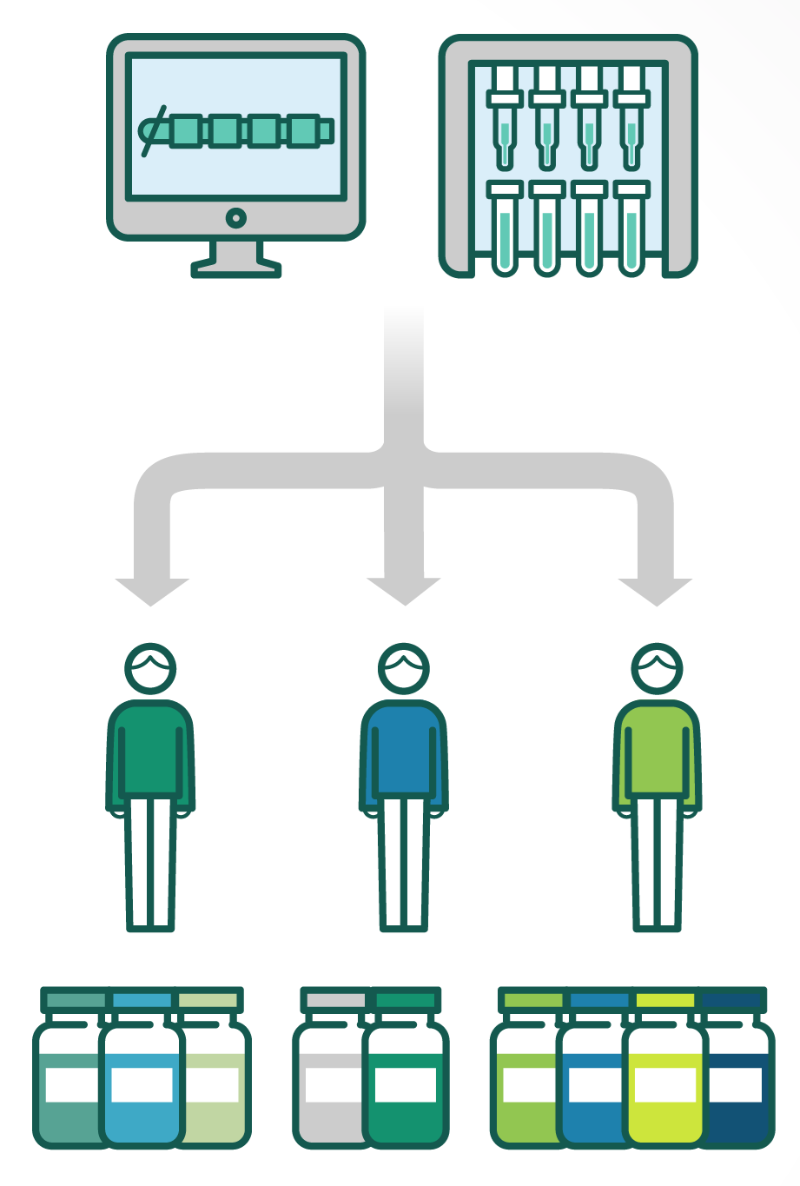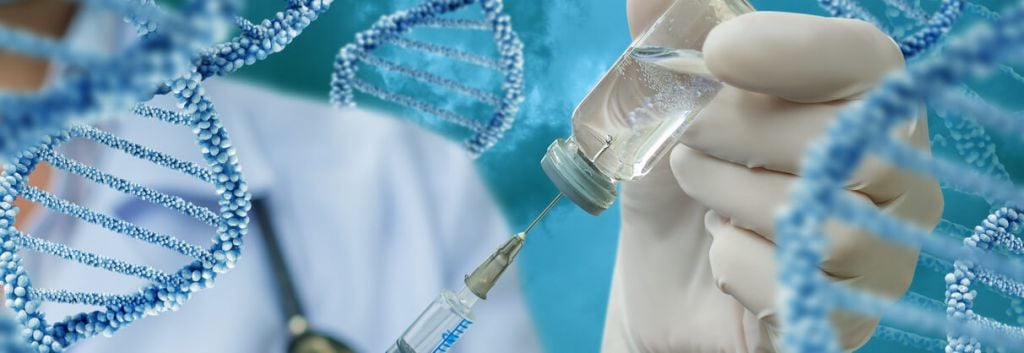Newsletter Signup - Under Article / In Page
"*" indicates required fields
BioNTech has published results from the first clinical trial for an mRNA-based individualized vaccine with the potential to target all cancer types.
Published in Nature, the results from the first trial in humans with a personalized mRNA cancer vaccine hint that BioNTech is on a promising track towards the development of a universal cancer vaccine. All 13 patients that participated in the study developed an immune response against three or more cancer antigens that were unique to their individual tumors.
“This was surprising; you don’t see that frequency in cancer vaccination trials,” Özlem Türeci, Scientific Advisor for BioNTech, told me over the phone.
The study recruited patients with relapsing melanoma when they were tumor-free. “All these patients have a history of responding to therapy but experiencing relapse multiple times,” she explains. “In this type of patients, the period of time of being tumor-free gets shorter and shorter, until the patient does not respond anymore.“
Despite their history, eight patients remained completely tumor-free during the 23 months after administering the vaccine. The other five patients relapsed before starting the mRNA treatment, but for one of them, the tumor disappeared after vaccination. For another, the treatment shrinked the tumor, showing that the vaccine can have a direct impact on tumors that are already established. The others, however, did not respond.

To create the vaccines, the researchers sequence the patient’s tumor DNA and identify tumor mutations by comparing it to the DNA of healthy tissue. Then, an algorithm identifies which mutations are more likely to be recognized by the immune system and generate an immune response, and those selected are engineered into an mRNA vaccine.
“We use 10 mutations per patient, distributed over two RNA molecules,” explains Türeci. “Tumors are heterogeneous, there are various clones with different genetic makeups. If you take one mutation, there’s a risk that you cannot attack all clones.”
This could put BioNTech’s vaccine over standard treatments, with the added advantage that, unlike targeted therapies, which exclude patients without certain biomarkers, the individualized approach makes the therapy universal. As Türeci puts it, “The hallmark of cancer is that cancer cells have mutations, so the vaccine can be used for all patients and types of tumors.”
On top of that, an RNA-based product that is synthesized in vitro could make its production much easier than that of proteins or antibodies. However, since mRNA is still a young technology, costs are still high. “We have a dedicated program with partners like Siemens, and we believe the cost will be dramatically reduced by bringing together advancements in RNA synthesis, automation, miniaturization and parallelization of the production process,” says Türeci. “It’s difficult to make forecasts, but I expect such an individualized therapy to be affordable, and definitely not more expensive than recombinant protein technology.”

The promises are big, but the technology still has to prove all these claims. “It’s a very small trial,” acknowledges Türeci. “The next step will be to go into trials with higher patient numbers to produce statistically robust data, and add control arms where we compare side by side with the standard of care.”
BioNTech is also planning on testing the technology both as a standalone and in combination with checkpoint inhibitors, expecting to observe synergistic effects. The company is partnered with Roche’s Genentech and is already preparing combination trials with Tecentriq (atezolizumab), a PD-L1 inhibitor already in the market.
BioNTech is not the only one developing mRNA vaccines against cancer. Although its approach is not individualized, CureVac has already reached Phase II. However, the company suffered an important setback this January when it missed its efficacy endpoint. Moderna could be a rival to BioNTech in the personalized mRNA approach, but the company is still in the preclinical stage in this particular application, making BioNTech the leader in the development of the first personalized, universal cancer vaccine.
Images via Natali_Mis, Tetiana Yurchenko / Shutterstock ; BioNTech
Oncology R&D trends and breakthrough innovations







